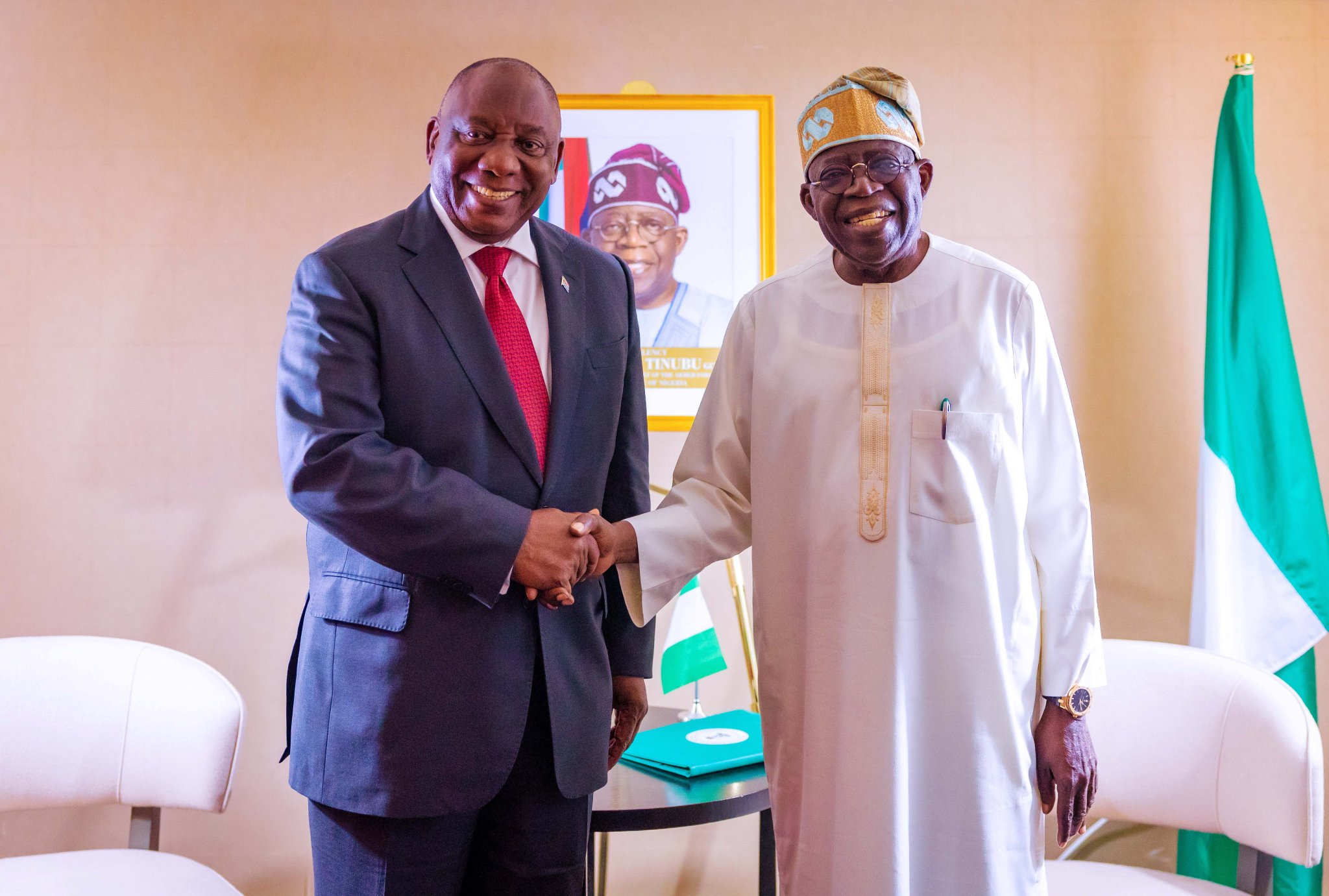
According to the IMF’s World Economic Outlook, South Africa, which is one of the most industrialised countries in Africa, is projected to approach a gross domestic product (GDP) of $401 billion by 2024.
In contrast, the IMF’s calculations suggest that Nigeria and Egypt, based on current prices, have GDPs of $395 billion and $358 billion, respectively.
The IMF also anticipates that South Africa will briefly surpass Nigeria, the most populous African nation, for a year before falling behind once again.
The report, released last week, suggests that South Africa could potentially fall to third place, trailing behind Egypt in 2026.
This development coincides with the Nigerian President, Bola Tinubu, implementing substantial policy reforms. These changes, coupled with a decrease in oil production, have led to challenges for Nigerians, including inflation and a devaluation of the naira.
Tinubu’s administration’s efforts to revitalise the economy through measures such as eliminating fuel subsidies and addressing issues within the foreign exchange system are aimed at mitigating dollar shortages and enhancing tax revenue.
While these measures are causing initial challenges in Nigeria, they are anticipated to yield more significant benefits in the future. The IMF projects that the GDP will grow by 3.1% next year, compared to 2.9% in 2023.
The division chief in the IMF’s research department, Daniel Leigh, explained during the fund’s annual meetings in Marrakech, Morocco last week that the reforms are expected to result in “robust and more inclusive economic growth.”














